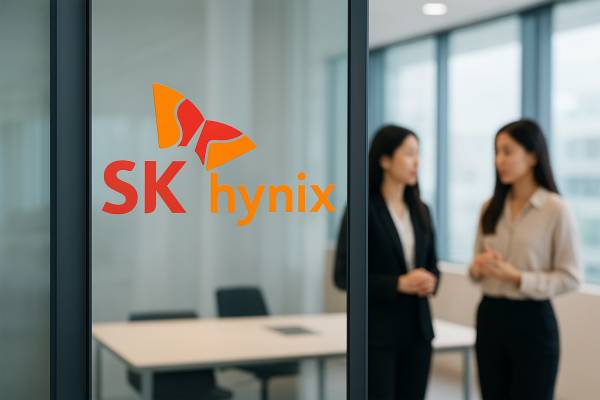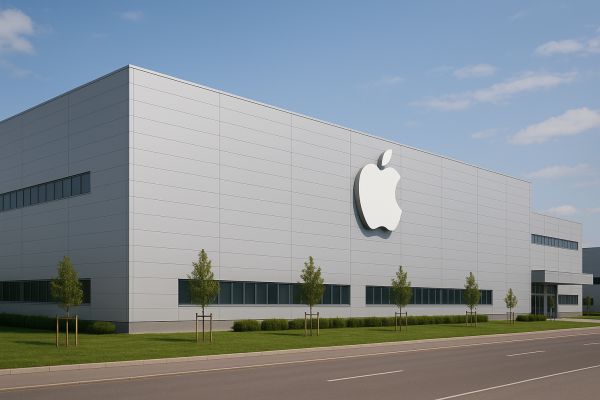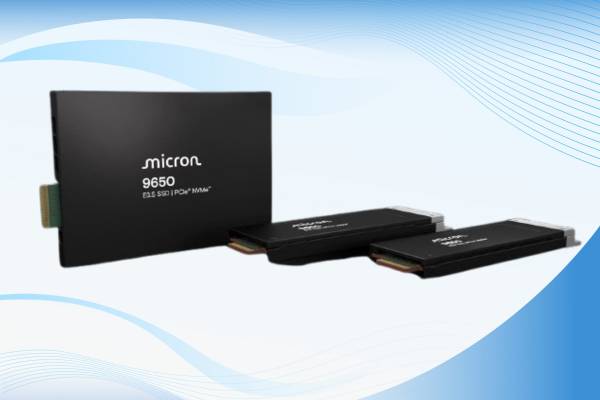A new era may be dawning for South Korea's artificial intelligence industry, with Amazon Web Services (AWS) announcing that it will build the country's largest AI computing center in partnership with SK Group. The investment is not only a technological milestone, but also has a spectacular impact on SK Hynix's stock market performance.
US-based AWS, one of the world's leading cloud service providers, announced on June 16 that it is launching a joint investment with South Korea's second-largest corporate group, SK Group. The data center, to be built in the city of Ulsan, will be unique in that it will be able to operate up to 60,000 graphics processing units (GPUs) with a total power supply of 103 megawatts. This is a significant step in the nationwide development of AI-based systems.
The project partners include SK Hynix (memory manufacturing), SK Telecom (telecommunications) and SK Broadband (internet service). Beyond its industrial significance, the investment can also be interpreted as a symbolic step: South Korea is becoming an increasingly important player in the global artificial intelligence infrastructure.
Upon news of the investment, SK Hynix's share price rose spectacularly. On June 16, shares rose 5.31% to a closing price of 248,000 Korean won. The growth continued the next day: on June 17, the share price rose by a further 1.01% to 250,500 won, a historic high not seen in more than twenty years.
The rise is not only due to AI investment: SK Hynix is currently the world leader in the high-bandwidth memory (HBM) market, which plays a key role in the operation of AI-based systems. Among other things, the company is one of NVIDIA's main memory suppliers.
The company's first-quarter financial report also shows outstanding growth. Revenue for the first three months of 2025 was 17.6 trillion won, representing a 41.9% increase over the same period last year. Operating profit rose to 7.4 trillion won, a 157.8% improvement over the previous year, exceeding analysts' expectations.
These results have strengthened SK Hynix's position: according to data from market research firm Counterpoint Research, the company led the global DRAM market in the first quarter of the year with a 36% share, ahead of long-time leader Samsung Electronics (34%).
The collaboration between Amazon and the SK Group is a clear sign that South Korea intends to play a strategic role in the global market for AI-based technologies in the long term. The investment could bring not only technological and industrial development, but also significant economic momentum, as SK Hynix's stock market and financial successes already suggest.






















